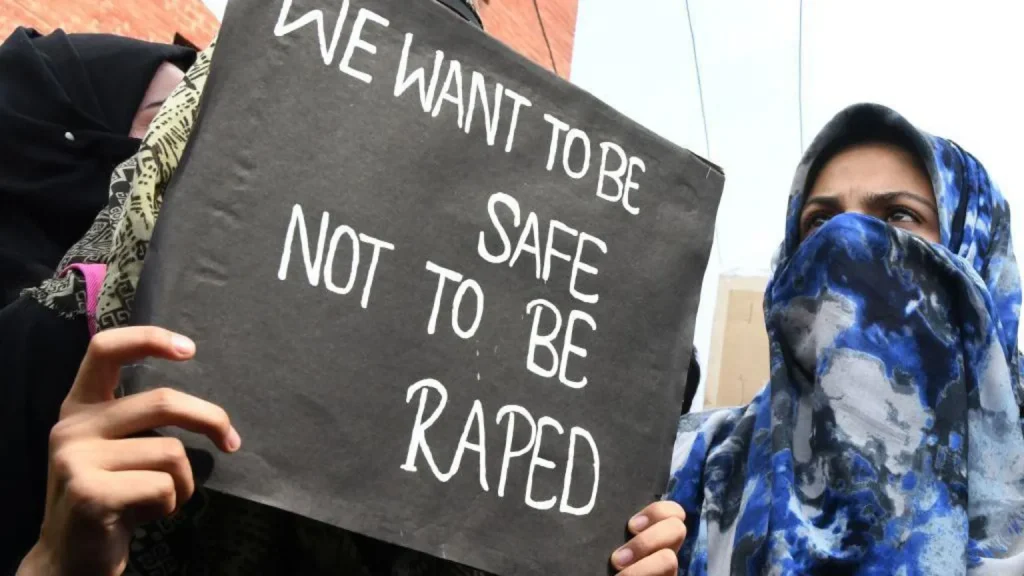
The Indian government has opposed petitions in the Supreme Court seeking to criminalise marital rape, stating that such a move would be “excessively harsh.”
In a 49-page affidavit submitted by the federal home ministry, the government acknowledged that “a man does not have a fundamental right” to force sex on his wife but argued that existing laws already provide sufficient protection for married women against sexual violence.
The petitions before the court seek to amend a British-era law under Section 375 of the Indian Penal Code, which exempts a man from being prosecuted for raping his wife if she is not a minor. This law, dating back to 1860, has come under increasing scrutiny, with campaigners arguing that forced sex within marriage should be considered rape, irrespective of the marital relationship.
“Marriage is a relationship of a ‘different class’ with an ‘entire ecosystem’ of laws, rights, and obligations,” the government’s affidavit stated, adding that criminalising marital rape “may seriously impact the conjugal relationship and may lead to serious disturbances in the institution of marriage.”
Despite the government’s stance, violence within marriage remains a significant issue in India. A recent government survey reported that one in 25 women have experienced sexual violence from their husbands. However, the home ministry argues that the existing legal framework dealing with domestic violence, sexual harassment, and assault already safeguards married women’s rights.
While over 100 countries, including the UK, have criminalised marital rape, India is among the three dozen countries where this law is still on the books. Campaigners, along with international organisations like the United Nations, Human Rights Watch, and Amnesty International, have raised concerns about India’s reluctance to strike down the exemption.
Religious groups and men’s rights activists have also opposed the amendment, arguing that consent for sex is “implied” in marriage, and a wife cannot retract it later. The government insists that the issue is more of a social concern than a legal one and should be left to the parliament to decide.
The case reached the Supreme Court following a split verdict by the Delhi High Court in 2022, and hearings began in August. As the debate continues, campaigners are calling for a modern interpretation of marital rights that aligns with global human rights standards.







